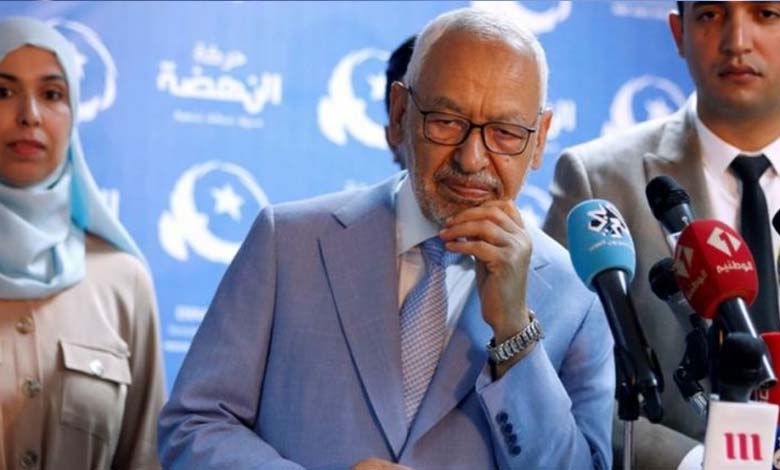Tunisia uncovers the specter of assassinations in Tunisia led by Ennahdha’s Brotherhood movement

The ambitions of the Tunisian Renaissance Movement amount to exploitation and assassination; It constantly tries to booby trap the political situation and overthrow all its opponents. This is why every time it aims to control the country and destabilize security, it overthrows its critics in the same known manner, thus becoming a social scourge that knocks the nail on Tunisia’s coffin and must be quickly removed.
The history of the Tunisian Ennahdha movement, which is affiliated with the terrorist Muslim Brotherhood, is full of a file of huge black assassination attempts; the movement has been involved in carrying out numerous political assassinations throughout its history since the beginning of the 1970s, especially since the movement did not declare itself officially until nine years after its foundation, specifically on June 6, 1981. The movement was not recognized as a political party in Tunisia until 2011, after President Zine El Abidine Ben Ali left the country following the outbreak of the Tunisian Jasmine Revolution in December 2010.
This bloody history was greatly aggravated in January 2021. Tunisian President Kais Saied explicitly announced “plots” being hatched against his country, as well as plans to assassinate a number of officials. He warned of “what is being planned today by some traitors, who sold their consciences to foreign intelligence, who are planning to assassinate a number of officials. There is a phone call about the day of the assassination.”
President Kais Saied targeted at top of Brotherhood assassination list; The Tunisian presidency had previously announced a plan to target President Saied with a poisonous condition (parcel) that reached the Carthage Palace. At that time, he caused the director of the Presidential Office, Nadia Akacha, to suffer from a temporary health illness. In June 2022, foreign and internal plans targeting the safety of President Kais Saied and the Presidential Institution were revealed after a terrorist operation was foiled.
Following his last threat of physical liquidation in August 2012, the Tunisian president hinted that he was accusing political parties with radical religious backers of trying to orchestrate what he described as desperate attempts amounting to an assassination.
Ennahdha militias were also involved in the assassination attempt on the late president Habib Bourguiba in 1987, as well as the assassination of his predecessor Zine El Abidine Ben Ali in 1991, in the city of Baraka El Sahel in Nabeul Province in the east of the country, where the operation was carried out under the supervision of Rached Ghannouchi, before it was discovered by Tunisian security at the time.
Ennahdha was also involved in the killing of leftist leaders Chokri Belaid and nationalist Mohamed Brahmi in 2013, the first in Tunisia’s modern history, especially since 2011 after the Brotherhood came to power. The country has witnessed political assassinations, and all the fingers are pointed at the secret apparatus of the Ennahdha Brotherhood.
In 2018, Belaid’s and Brahmi’s defense team pointed to Ennahdha’s involvement through a “secret organization” in the assassination of Tunisian dissidents and uncovered documents they described as “dangerous,” saying that they had been housed in a “black room” in the Interior Ministry, despite the disruption and pressure of the movement to hide the truth from Tunisians.
The committee of lawyers charged with following up the cases of the two leftist leaders, Brahmi and Belaid, issued new accusations against the leadership of Ennahdha for their involvement in the two assassination crimes, which took place in February and July of 2013, confirming the direct link between the secret service of the movement, and between the assassination of political opponents Belaid and Brahmi, after the issuance of final court rulings on May 20, the charge of failing to notify the authorities of information related to Brahmi’s operation was directed at member of the movement’s secret service, Mustafa Khadr, and other members of the agency.












